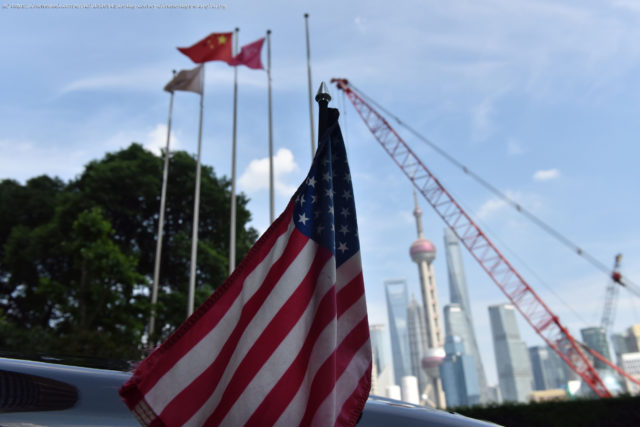«How the U.S. intends to develop and strengthen its ‘competitiveness’ is its own business, but we are firmly opposed to the U.S. making an issue out of China and perceiving it as an ‘imaginary
China has rejected the inclusion of language targeting the People’s Republic in a new bill passed by Congress to bolster science and technology. Beijing believes that the United States’ greatest rival is not China, but the U.S. itself. Chinese Foreign Ministry spokesperson Wang Wenbin criticized what he referred to as the «Cold War zero-sum mentality» that filled the U.S. Innovation and Competition Act passed Tuesday by lawmakers in Washington. A key point of the legislation is billions in funding for research and development, supply chains and other areas meant to «address the rising military, geopolitical, and economic competition from China.» It was this sort of sentiment with which Wang took serious exception. «How the U.S. intends to develop and strengthen its ‘competitiveness’ is its own business, but we are firmly opposed to the U.S. making an issue out of China and perceiving it as an ‘imaginary enemy,'» he said. «The biggest threat to the U.S. is the U.S. Getting its own house in order trumps all else.» While much of the bill deal with domestic investment, sections also call for greater partnership with Taiwan, a self-ruling island claimed by China, and sanctions against Chinese officials in response to alleged abuses against minority groups in Tibet and Xinjiang. Those are all sensitive areas for China, and were not ill-received by Beijing. Wang said that such content, along with the overall focus on overcoming China, «distorts facts, denigrates China’s development path and domestic and foreign policies, hypes up ‘China threat,’ advocating strategic competition with China, and gravely interferes in China’s domestic affairs on issues relating to Taiwan, Hong Kong, Xinjiang and Tibet,» he told reporters.
Домой
United States
USA — Financial China Says 'Biggest Threat to U.S. is U.S. Itself' As Bill to...






